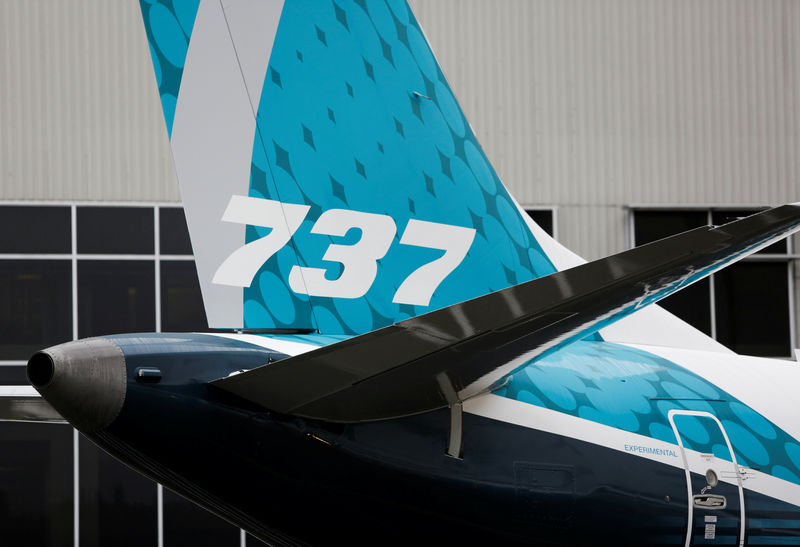Boeing (NYSE:BA) Co. disclosed that it has not made recent aircraft deliveries to China due to a request from the country's aviation regulator for additional certification documents.
The documents pertain to the batteries in cockpit voice recorders, which are installed on all Boeing models, including the 787 and 737 Max.
The aerospace giant acknowledged the impact of this halt on its financials, with the company's Chief Financial Officer indicating an expected hit to second-quarter cash flow.
The market reacted negatively to this news, with Boeing shares experiencing a 5.4% drop by 11:17 a.m. on the New York Stock Exchange.
Boeing's CFO remarked at the Wolfe conference that the second quarter's cash flow might be worse than the first quarter's. This is attributed to the ongoing lack of aircraft deliveries to China, a significant market for Boeing's commercial airplanes.
Furthermore, the company anticipates that the number of 787 deliveries in the second quarter will be similar to those in the first quarter, suggesting no significant improvement in the short term.
The company also faces challenges beyond the China delivery issue. Supply-chain constraints for the 787 model persist, which could further complicate Boeing's ability to increase production and deliveries.
Moreover, the CFO noted that margins in the defense segment are expected to be negative in the second quarter.
As a result of these combined factors, Boeing has projected that deliveries in the second quarter will not see a significant increase and will likely be close to the numbers seen in the first quarter.
